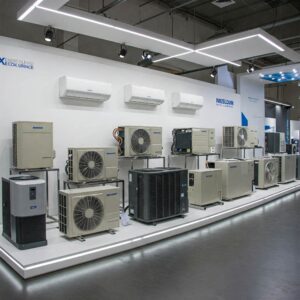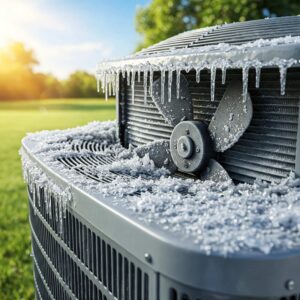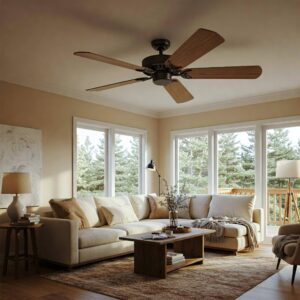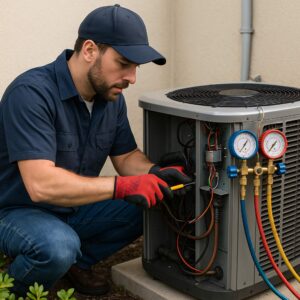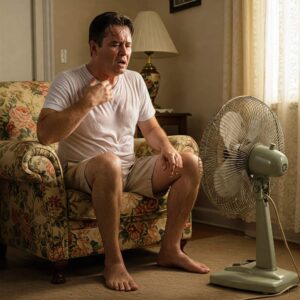Around 38 percent of Albertans live in houses sized between 1,001 and 1,050 feet. This is a common size of home in Calgary too—but over 40 percent do live in homes larger than this and around 20 percent in smaller homes.
If your home is under 1,000 square feet in size, staying small is not a bad thing—but how does this affect your choice of furnace?
The general rule is that the smaller the home size, the smaller the BTU rating of the furnace you need to heat it. But heating requirements depend on other factors too. So, before selecting a furnace, it’s best to seek a comprehensive assessment of your home’s heating needs so your family’s comfort levels can be maintained throughout the year.
Several types of furnaces are available, with different manufacturers/brands, heating systems, efficiencies, sizes, warranties, and more.
Let’s take a look at what your choices are and how you can effectively size a furnace to prevent the numerous problems that can come with an oversized or undersized furnace.
What’s the best furnace for a small house in Calgary?
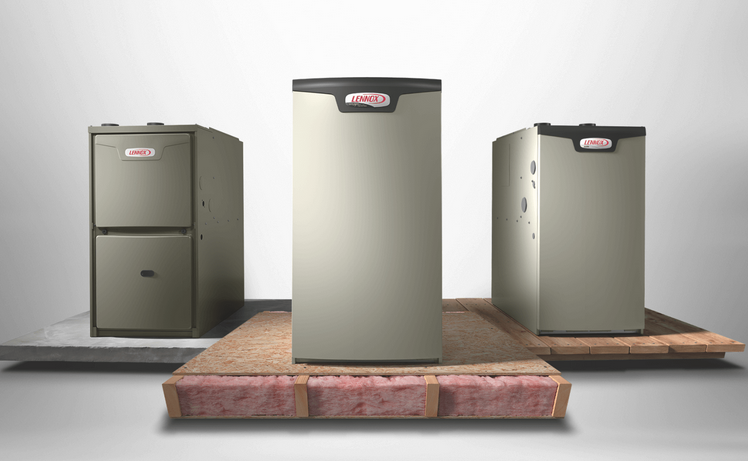
The best furnace for a small home in Calgary is one that matches your heating needs—based on the home’s size, number of occupants, number of levels, insulation performance, and other factors, including your budget. It should have the right heating power and efficiency rating and be manufactured by a reliable brand with a reputation for durability, efficiency, and longevity. It should also have a lengthy warranty and be installed professionally. Once installed, regular furnace maintenance should be scheduled.
Despite the general trend towards larger homes (2,000 square feet and up) in the past 50 years, not everyone can afford the extra space. Besides, some families in Calgary choose to keep things more manageable and maintain a smaller “footprint” by living in a home under 1,000 square feet.
The lower square footage should certainly be a factor when deciding on the most suitable furnace. But how is furnace size measured and which other factors do you need to consider? Let’s find out…
How is furnace size measured?
Choosing a furnace for a small house is no different from choosing one for a big house. It will look similar and operate the same. The main difference is the BTU rating of the furnace.
BTU stands for British Thermal Unit. It was originally defined as the amount of heat required to raise the temperature of one pound of water by one degree Fahrenheit and has become the standard measurement for the power of heating (and cooling) equipment in North America and the UK.
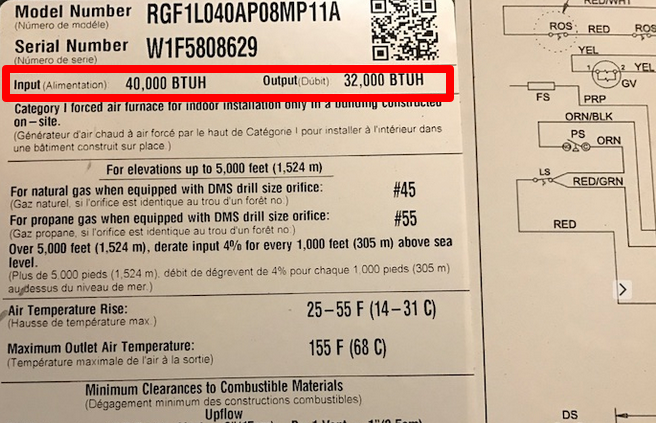
In simple terms for furnaces, BTU measures how much gas is required for the furnace to work properly. With furnaces, there is no one-size-fits-all option and the BTU rating you require will depend on several factors—most significantly, the size of your home.
Furnace sizes range from small 30,000–40,000 BTU units to large 200,000 BTU-plus units designed for heating the largest buildings.
What BTU rating is best for a furnace for a small Calgary house?
Most average-sized homes in Calgary need a furnace between 45,000 and 135,000 BTU. Smaller homes may get by with a BTU of 30,000-45,000 but this will need to be assessed by an HVAC professional first.
Other factors (outlined in the next section) also affect the type and size of furnace your house will need but the following provides a good general guideline for the size requirements of furnaces in Calgary homes:
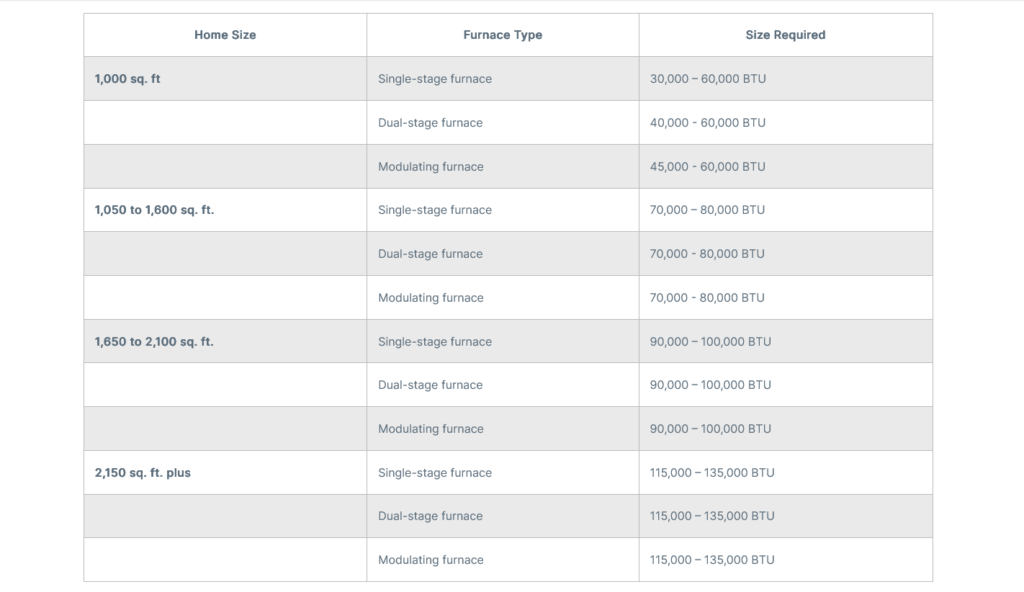
(Note: Explanations for “furnace type” follow below)
The BTU ratings specified on furnace labels show two ratings: input and output. The above ratings refer to the input BTU, which is higher than the actual output of the furnace.
The experienced technicians at Alberta Mountain Air have been helping Calgary homeowners assess their home’s heating needs since 2004. Call us now for a heating assessment and estimate for your home.
What factors affect BTU requirements other than house size?
The size of your house is the single biggest factor that affects the BTU requirement of your furnace.
However, BTU requirements fluctuate with other factors concerning your home, including the following:
- Building type
- Construction
- Age of the building
- Insulation efficiency
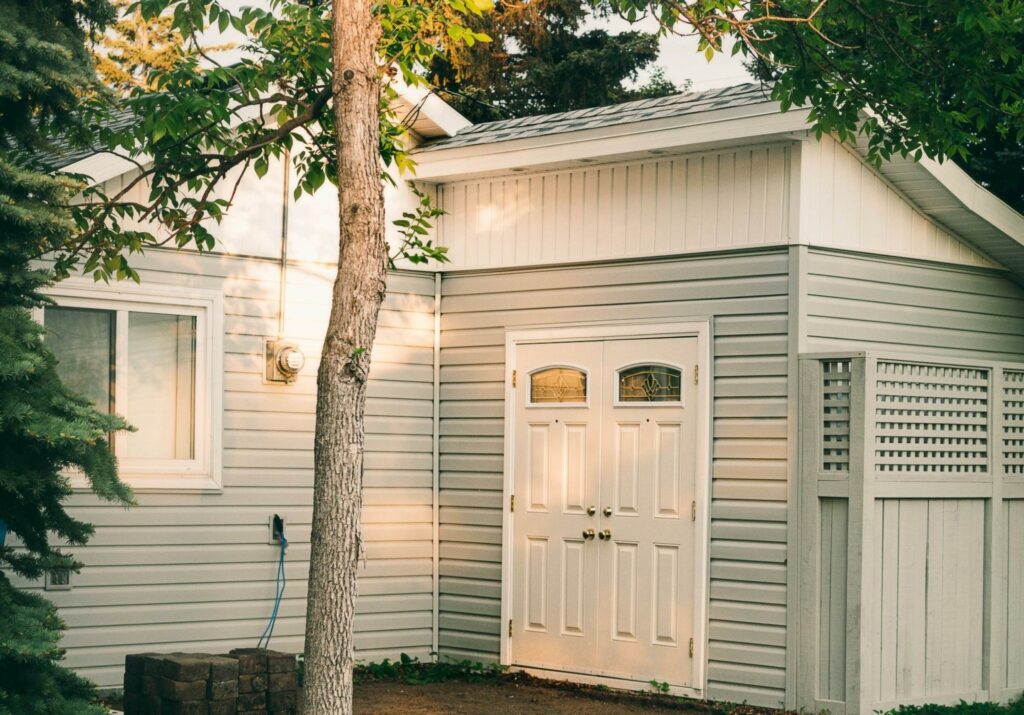
If the heat generated by a furnace is allowed to escape due to gaps in your home’s insulation or poor construction, it’s best to address that before arranging a new furnace installation in Calgary. Otherwise, it may increase the BTU requirement of your home’s furnace.
As a general rule, the older your home, the more heating capacity is required (if all other factors are equal), due to the better insulation in modern, energy-efficient homes.
Also, consider that the surface area of a home can sometimes be slightly misleading. Most small homes in Calgary are simple, one- or two-floor constructions but if the design/layout of your home is more complex and includes several levels, this could affect the heating requirements (heat distribution zones may be needed).
What other factors should you consider besides BTU?
BTU ratings are not the be-all and end-all of choosing a good furnace for a small house in Calgary. Other important factors you’ll need to consider when selecting the right furnace include:
- Furnace type/efficiency: Since the Energy Efficiency Act was amended in 2019, every new furnace sold and installed in Calgary must have a minimum efficiency level (AFUE) of 95 percent (much higher than most older furnaces). Higher efficiency means more effective heating so the type and efficiency rating of your furnace is a major consideration (more about this in the next section).
- Brand: The major furnace brands in homes in Calgary are Lennox, Trane, Goodman, York, Carrier, and so on. Most brands provide a wide range of high-quality heating and cooling products and have been around for many decades (some over a century). Stick with the major brands and you shouldn’t go far wrong.
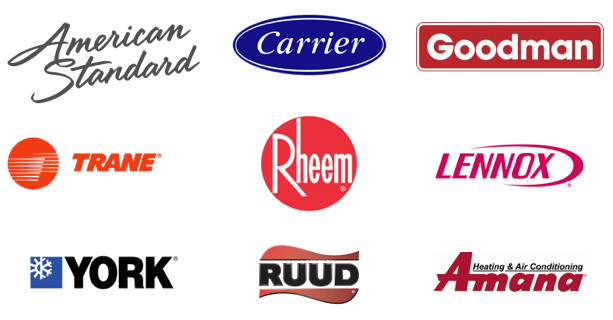
- Warranty: Every furnace from the most reliable and established brands is built to exacting standards and backed up by excellent manufacturer warranties. The comprehensive 15-year warranty from Alberta Mountain Air also provides extra peace of mind for Calgary homeowners.
- Add-ons/options: Modern furnaces often come with a variety of options/add-ons, such as humidifiers, UV lights, special filters, and other options for improving indoor air quality. Some homeowners also need to upgrade air conditioning or hot water tanks at the same time as installing a new furnace.
What are the main types of furnaces in Calgary?
There are three main types of gas furnaces available for small houses in Calgary: single-stage, two-stage, and modulating/variable furnaces.
Each type of furnace offers different energy efficiencies and suits different budgets. Due to the latest regulations and advanced designs, however, you can expect any furnace sold in Calgary to offer at least a 95-percent efficiency rating. In other words, for every $1 you spend on energy, a minimum of 95 cents is used to produce heat, with only five cents spent on wasted energy.
The AFUE rating (Annual Fuel Utilization Efficiency) is a measure of a furnace’s energy efficiency. Most high-quality furnaces in Calgary have an AFUE of 96 percent or higher (up to 99 percent efficiency).
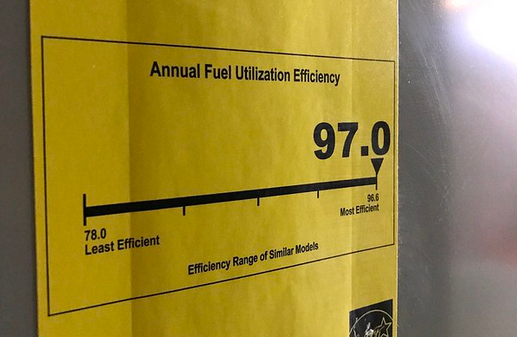
Let’s take a closer look at each type of furnace.
Single-stage furnaces
Most single-stage furnaces offer a 96-percent AFUE. These furnaces have a fixed-speed motor that blows air at one speed/heating output. The furnace shuts off when the temperature specified on the thermostat is reached.
While these furnaces are more affordable for small house owners in Calgary, they are slightly less efficient than other options and may result in inconsistent heat throughout the home due to the simple ON or OFF state of the furnace (only one stage).
For a small home on a tighter budget with an open floor plan, a single-stage furnace may be adequate.
Two-stage furnaces
Two-stage furnaces can operate at two different speeds to save energy, matching heating output to demand.
While these furnaces usually have the same AFUE rating (96 percent) as single-stage models, they offer a step-up in efficiency and can help save on monthly energy bills.
Rather than simply operating in ON or OFF mode according to thermostat settings, dual-stage furnaces can run at low speed if the weather is mild (or your home is already warm) and at high speed in very cold conditions. This can save electricity as well as gas and reduces wear and tear on furnace components.
Two-stage furnaces are generally best for small homes with more than one level or open floor plans.
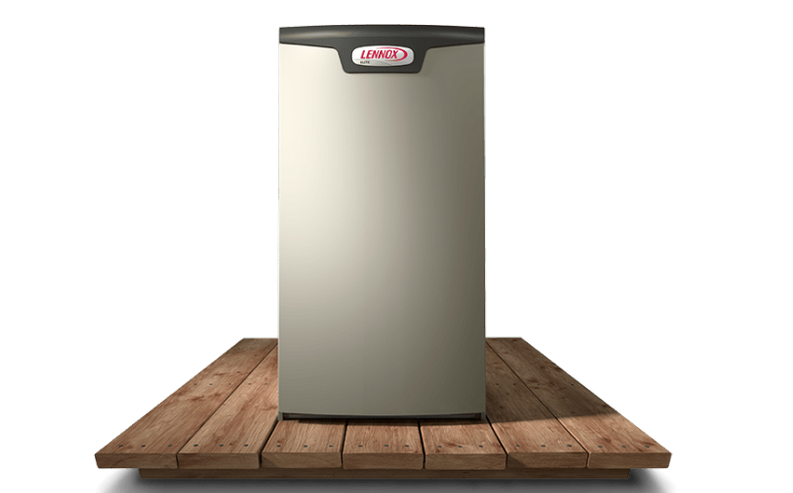
Modulating/variable furnaces
Modulating furnaces are the most efficient furnace types available, operating at 99 percent AFUE and suitable for all types of homes.
A variable-speed blower and modulating gas valve help these furnaces adjust heating output from 30 percent to 100 percent as required. They work together with a smart thermostat to monitor and maintain a consistent ideal temperature in the home. This is a similar concept to putting a car in cruise control to maintain efficiency.
Modulating furnaces require a larger budget but are the best furnaces for most Calgary homes, running quietly and efficiently for extended periods and using around 10 percent less gas than a two-stage furnace.
Electric furnaces vs gas furnaces
Gas furnaces burn natural gas or propane to heat air. A heat exchanger powers the blower, which distributes the heat throughout the home. In Alberta, natural gas is by far the most popular fuel due to its abundance.
Electric furnaces operate in a similar way but use electrically heated resistance coils or tubing instead of burners to create heat.
Natural gas is generally considered the most cost-effective fuel to heat homes in very cold climates where temperatures can plummet rapidly, such as Calgary. The abundance of natural gas in Alberta also makes it more cost-effective than electricity for most homes in the province.
Electric furnaces can be less efficient because they heat slower and must work harder to produce the necessary heat in very cold climates, guzzling energy as they do.
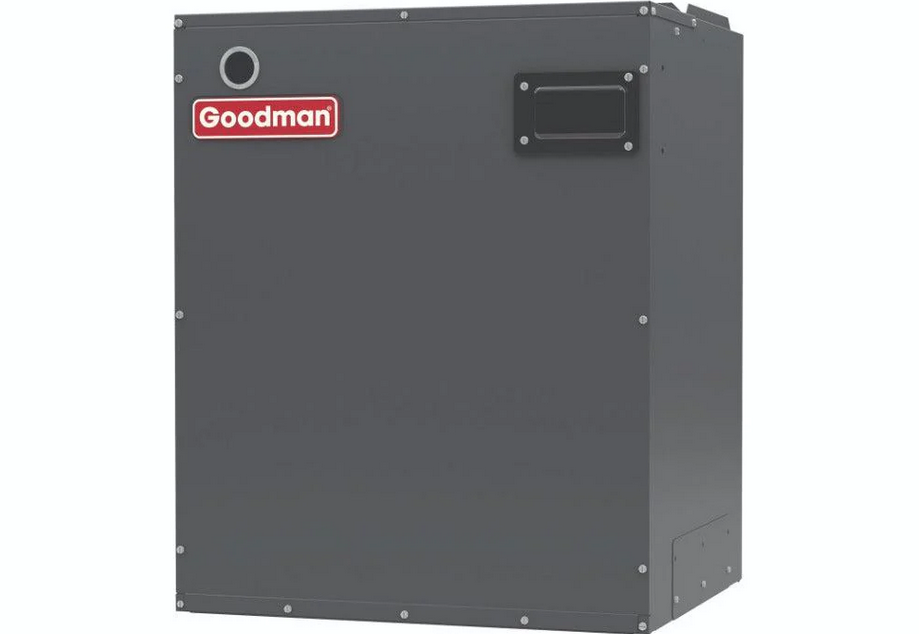
Although electric furnaces may be cheaper to install, gas heating provides homeowners with much lower running costs per month. Over the 15-20 years of a furnace’s life, this amounts to significant savings.
The extra costs of a gas furnace installation in Calgary are repaid many times over in lower monthly bills.
How are your home’s furnace requirements assessed?
Whichever furnace you choose, searching online and learning as much as you can about your options is a good start. It’s easy to compare furnaces and get a good idea of what you need. But it can only take you so far.
Ensuring that you’re getting a furnace that matches your home’s heating and air quality needs generally requires a professional assessment from a qualified HVAC technician.
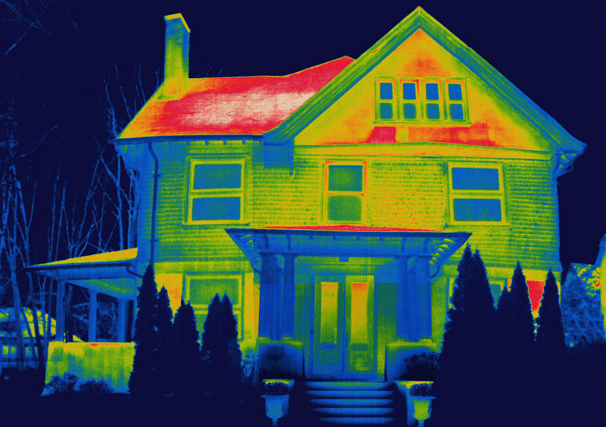
At Alberta Mountain Air, our team has been helping Calgary homeowners conduct heat assessments of their homes since 2004. We assess not only the square footage of a home but also its insulation, window conditions, number of levels, and more to determine a proper-sized furnace. From there, we will recommend suitable furnace makes and models so that you can make an informed decision.
As well as the heating assessment, our team can conduct indoor air quality (IAQ) testing to alert you to pollutants such as dust mites, mold, bacteria, dander, and other biological contaminants.
Why is a missized furnace a bad idea for your home?
Installing a furnace that’s too big for your home can result in several problems:
- Short cycling: the furnace turns on and off repeatedly
- Uneven temperature distribution throughout your home
- Shortened furnace lifespan (frequent furnace repairs or premature replacement)
None of this is good news for your family’s comfort levels or your wallet.

Conversely, a furnace that’s too small could create the following issues:
- Extra wear and tear from having to run more frequently for longer to keep your home warm
- Increased energy bills
- Shortened furnace lifespan (frequent furnace repairs or premature replacement)
Does the furnace brand matter?
While many leading furnace brands have been producing heating and cooling equipment for many decades—some over a century—they do vary in terms of the warranties, efficiencies, and overall quality provided.
Generally speaking, if your home’s heating needs are correctly assessed, you select an appropriate model from one of the top furnace brands, and it’s installed professionally, your new furnace should serve you reliably for up to two decades.
A standard HVAC warranty outlines the length of coverage and the equipment covered. This will provide some protection against breakdowns or malfunctions.
Most major furnace brands, such as Lennox, Carrier, Trane, Goodman, etc. offer equipment warranties that standardly last five years but a 10-year extended warranty is often available without much extra expense or effort.
For instance, depending on the model type, the Lennox Basic Limited Warranty provides 5-10 years on covered components. This can be extended at no additional charge on some furnaces, offering 7-12 years’ coverage.

It’s advisable to check a few major furnace brands to see how their current warranties stack up against each other. Also, once you’ve shortlisted a few furnaces for your house, check online reviews, compare the qualities of brands, and start looking for a professional team to install your furnace.
How to install the right furnace in a small Calgary home…
The investment required in a new furnace stretches to many thousands of dollars. If you have a small house, selecting the right furnace is, therefore, a major financial decision.
Consider the surface area, layout, and age/insulation efficiency of your home and opt for a properly sized, high-efficiency furnace from an established brand with a good warranty. Get it installed professionally and schedule regular furnace maintenance to set your furnace up for many years of reliable comfort for your family.
Be sure you get your home assessed by established professionals before committing and arranging the installation.
Call Alberta Mountain Air at 403-236-4366 if you’re in Calgary and looking to replace your furnace. Alternatively, contact us online to schedule a call or email communication.
